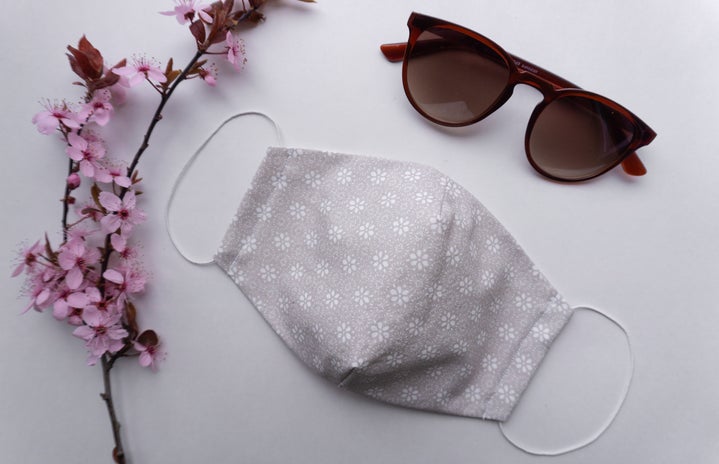Trigger warning: This article contains language about domestic violence and may not be suitable for all readers.
In Part One of this series, we explored the statistics surrounding the exasperation of violence against women during COVID-19 lockdowns, called the shadow pandemic. In Part Two, we learned ways you can support survivors of interpersonal violence that come forward to you. Now, in the final part of this series, it’s time to talk about something that can often be more complex–– helping yourself. When you’re personally affected by something, it’s often difficult to register what you’re going through. A CDC survey indicated that 70% of college students that reported they had experienced abuse or controlling behaviors by their partner in a relationship also said they did not know they were in an abusive relationship at the time. So, here is a guide to being better at helping yourself:
- Know the signs
-
In the media, we see a very narrow view of what domestic abuse looks like. We typically only see violent physical abuse and when we see emotional abuse, it is normalized. A deeper understanding of the broad scope of domestic violence can help you to identify if you have or are experiencing abuse. Oftentimes, it’s just a feeling that something in the relationship isn’t quite right and putting language to these feelings can help you understand what you’re going through. Some common signs of abuse include a partner:
Telling you that you never do anything right.
Preventing or discouraging you from spending time with, or showing extreme jealousy over your friends, family members, or peers.
Insulting, demeaning, or shaming you, especially in front of other people.
Preventing you from making your own decisions, including about working or attending school.
Controlling finances in the household without discussion, including taking your money or refusing to provide money for necessary expenses.
Pressuring you to have sex or perform sexual acts you’re not comfortable with.
Pressuring you to use drugs or alcohol.
Intimidating you through threatening looks, actions, or words.
Insulting your parenting or threatening to harm or take away your children or pets.
Intimidating you with weapons like guns, knives, bats, or mace.
Destroying your belongings or damaging your property.
Abuse comes in a variety of different forms that aren’t limited to this list. The Power and Control Wheel, linked here, can help portray that abuse is more of a spiral, with symptoms that aren’t portrayed as more important than others. It also illustrates that ultimately, the perpetrator uses means to gain power and control over others, which debunks the common myth that abuse stems from love. Love shouldn’t hurt. Period.
- Don’t be afraid to reach out
-
Your friends and family are there to love you and support you. You are not a burden if you reach out for help. If you don’t feel comfortable with sharing with those around you, you can also use resources on your campus, like the UA Women and Gender Resource Center or the Tuscaloosa SAFE Center. Sorting through your experiences can be very difficult, so it’s important that you know that you are not alone. You are worthy of love. You are worthy of safety.
- Give yourself time
-
It can be really difficult to take care of yourself. Sometimes self-care isn’t as fun and easy as taking a bath and putting on a face mask. Sometimes it’s brushing your teeth or buying groceries or paying your bills on time. Sometimes it’s telling the people close to you something really difficult. Many people struggle with putting themselves first and that’s okay. But we have to work on it, or we’ll lose ourselves in our service for others. Healing is not a one-size-fits-all process. I would recommend journaling, meditating, or picking up a new hobby (for me it was running). It’s going to take time. That’s okay. Remember: it’s okay to take care of yourself.
UA Resources:
WGRC phone number: call (205) 348-5040 from 8am-5pm whenever the University is open.
You can also call UAPD at (205) 348-5454 and ask to speak to a WGRC victim advocate who is on call 24/7, even on weekends and holidays.
SAFE Center phone number: (205) 860-7233
Other Resources:
The National Domestic Abuse Hotline: 1-800-799-SAFE (7233)
Chat live: www.thehotline.org



